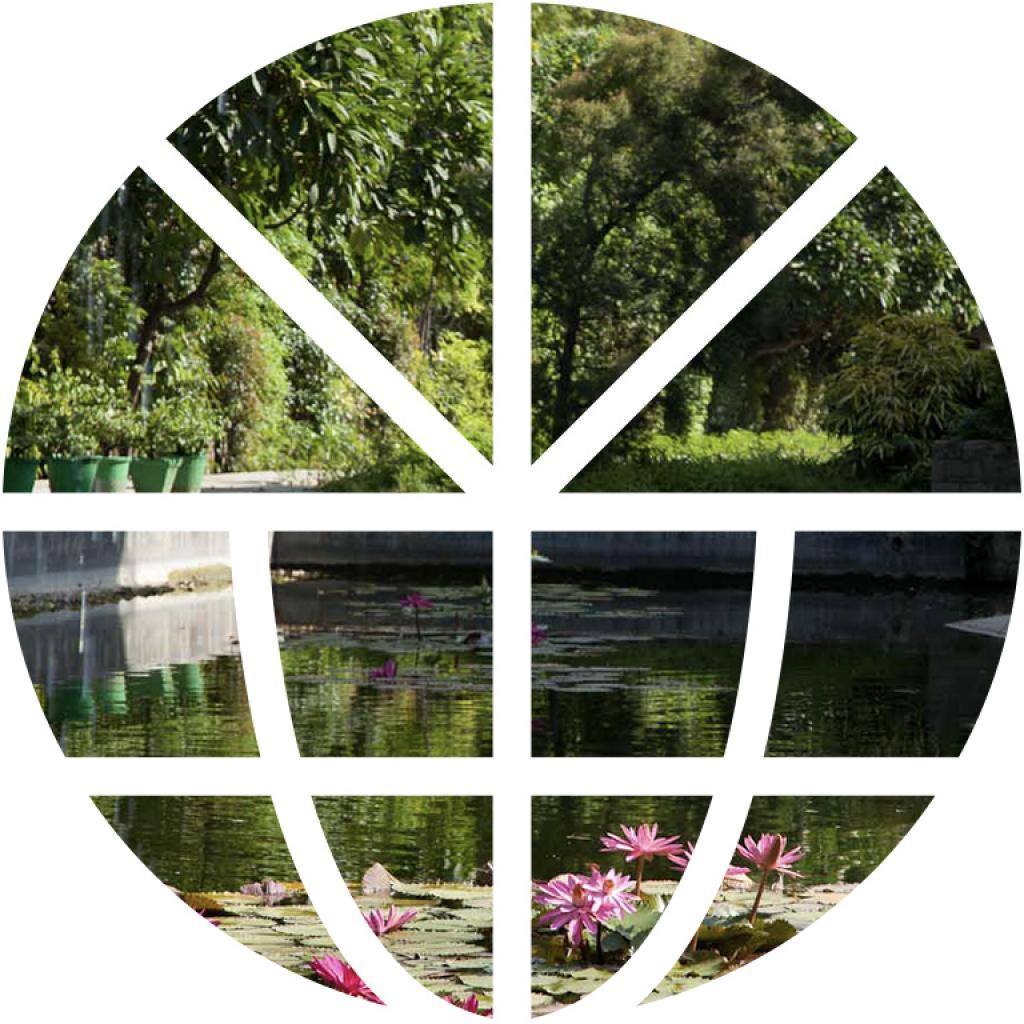A panel discussion around the book, Violent Conjunctures in Democratic India by Prof. Amrita Basu
17 January 2017, 05:30 am
A panel discussion around the book, Violent Conjunctures in Democratic India by Prof. Amrita Basu
Programme Type
Discussions
Amrita Basu is a Professor in the Political Science at Amherst College, USA
Panelists: Dipankar Gupta, Professor at Shiv Nadar University and Director, Centre for Public Affairs and Critical Theory; Niraja Gopal Jayal, Professor, Centre for the Study of Law and Governance, Jawaharlal Nehru University; Zoya Hasan, Professor Emeritus, Centre for Political Studies, Jawaharlal Nehru University; Amrita Basu, Professor of Political Science and Sexuality, Women's and Gender Studies, Amherst College
Panelists: Dipankar Gupta, Professor at Shiv Nadar University and Director, Centre for Public Affairs and Critical Theory; Niraja Gopal Jayal, Professor, Centre for the Study of Law and Governance, Jawaharlal Nehru University; Zoya Hasan, Professor Emeritus, Centre for Political Studies, Jawaharlal Nehru University; Amrita Basu, Professor of Political Science and Sexuality, Women's and Gender Studies, Amherst College






